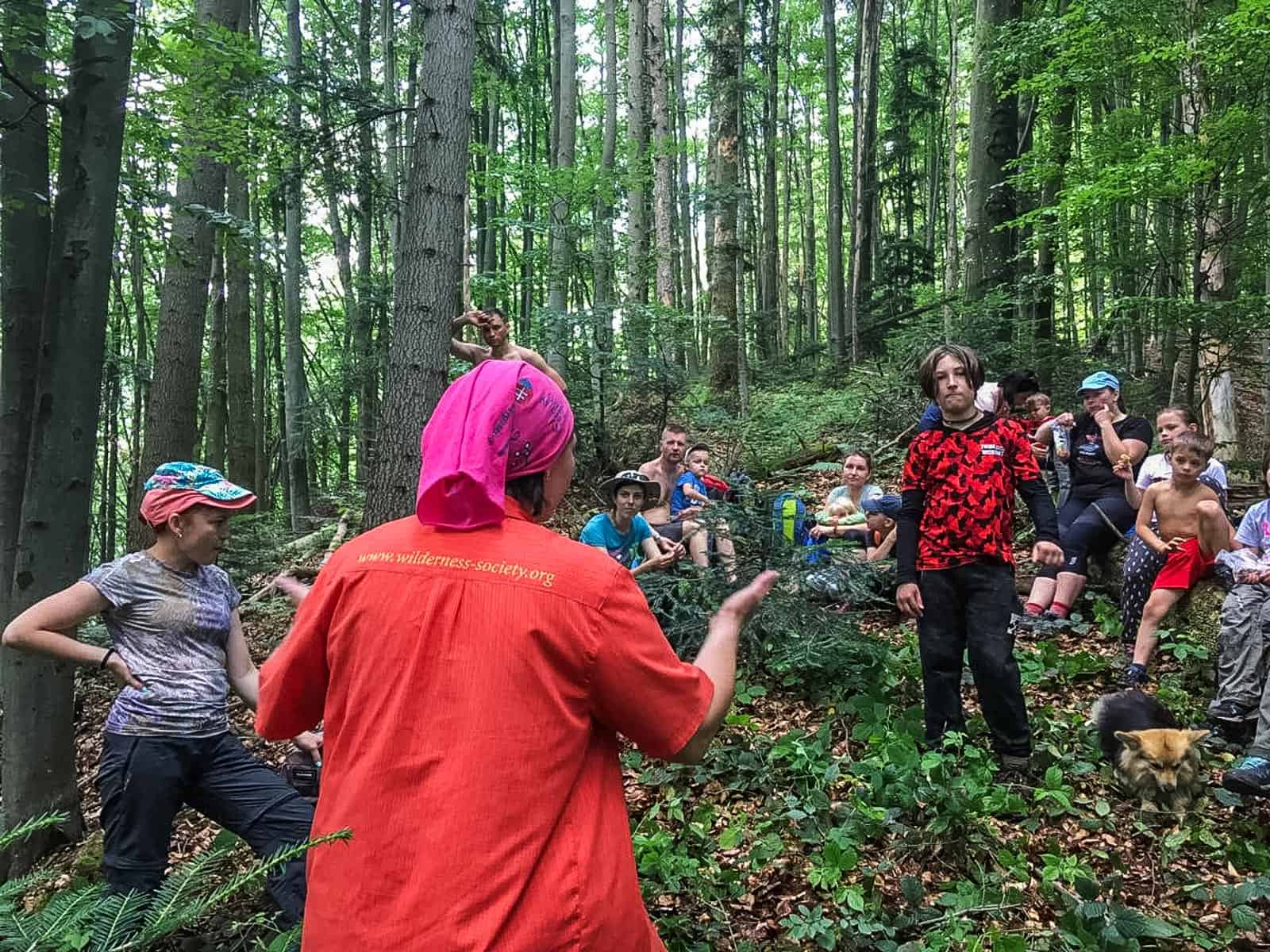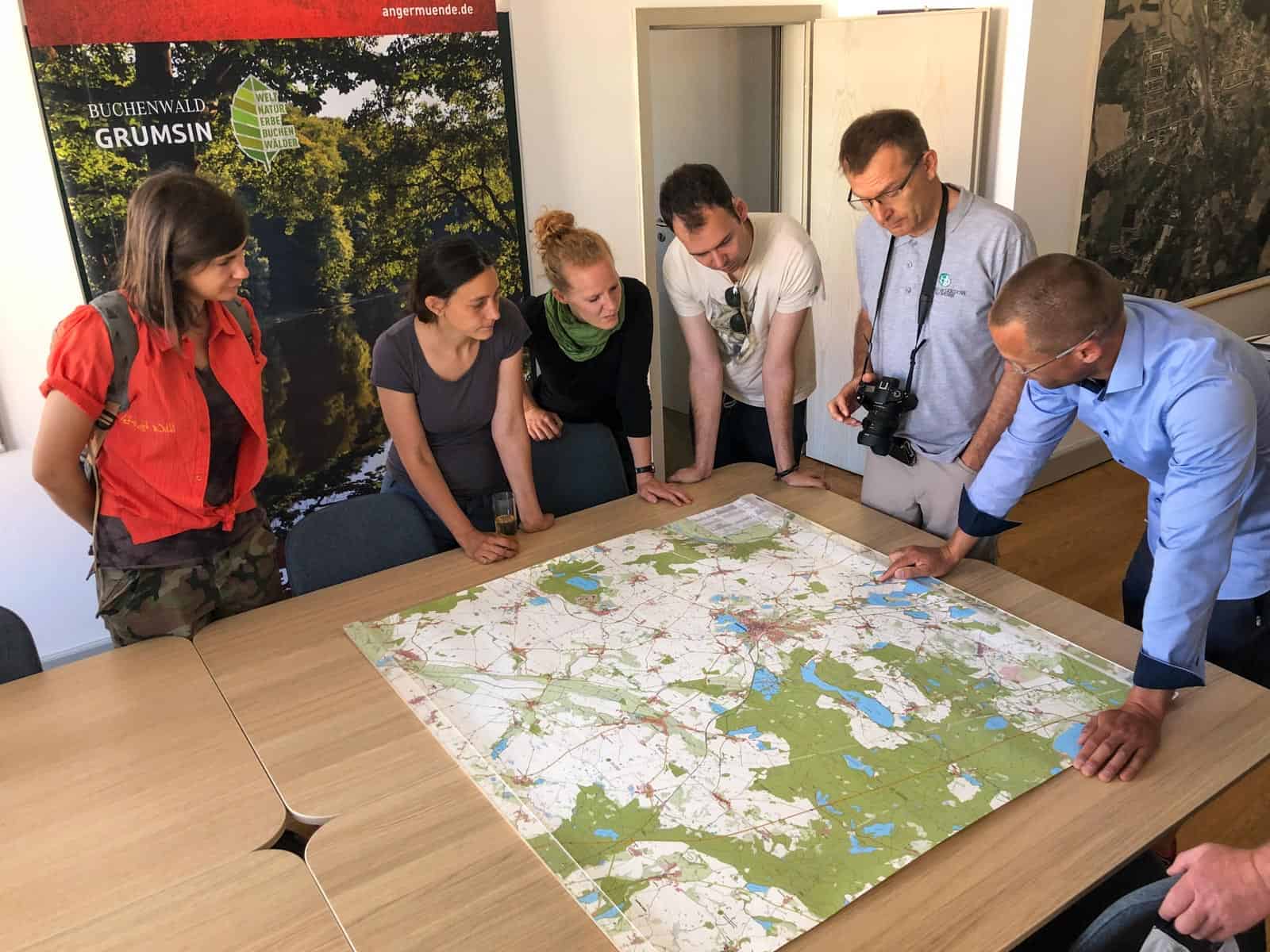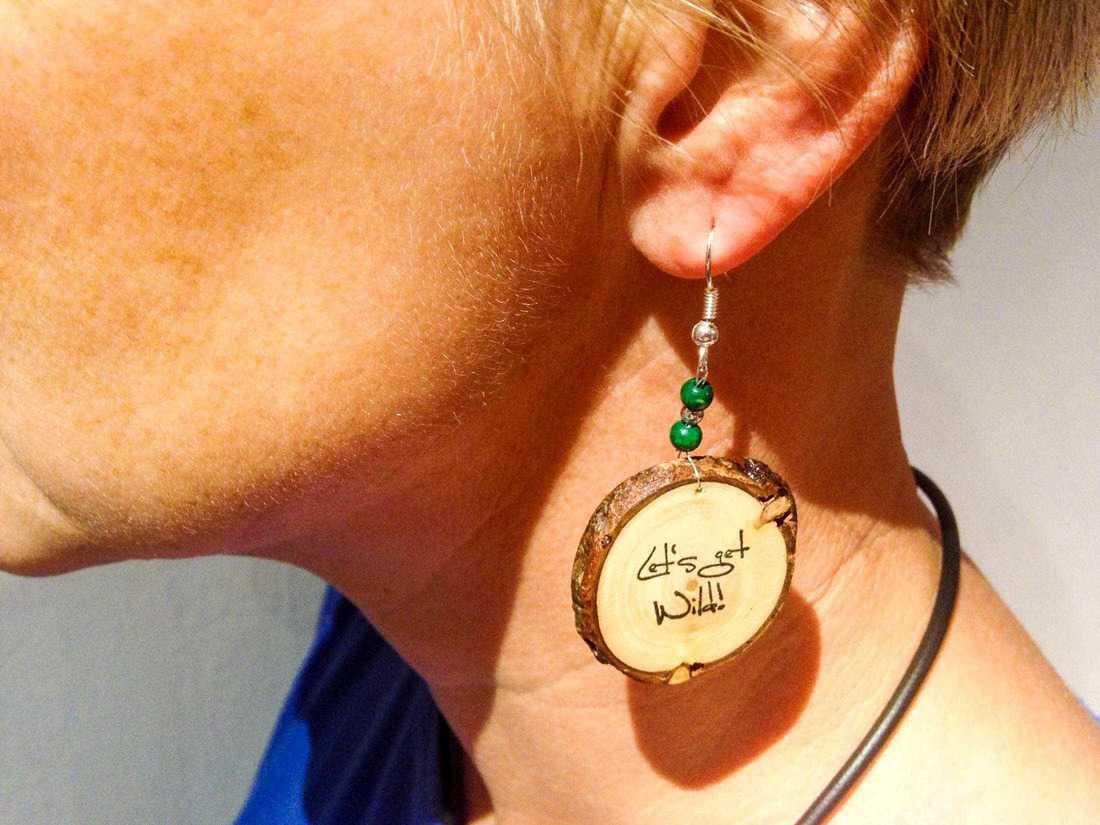Women and the climate emergency
The lack of gender balance in leading roles in the nature conservation sector is alarming. With regards to changes to our climate, women are disproportionately impacted: 80% of those displaced by climate change are women. So why are women so poorly represented in decision-making processes, such as next year´s UN climate conference?
Gender inequality is not only a moral and social issue but clearly also a critical barrier to taking substantial action on climate change. Therefore, on this year´s International Women’s Day, let’s introduce a few climate thinkers and writers of many, who work tirelessly to elevate the issue of climate emergency. This is the first article in the upcoming article series about outstanding women in Wilderness stewardship and nature conservation on the European Wilderness Society website.
Please also read: Don’t miss upcoming webinars on gender equality in nature conservation!
Deepening existing inequalities
Although climate emergency is a global challenge, it deepens existing inequalities. Women make up to 80% of those displaced by climate change. Research has also found evidence to suggest that environmental degradation increases gender-based violence. Heatwaves, rising sea levels and natural disasters all disproportionately impact women. Women are more likely to live in poverty than men and have less access to basic human rights. This means that as climate change intensifies, women will struggle the most. Women also represent 43% of the global agricultural workforce, nevertheless, they face countless barriers to economic independence. Empowering and engaging women is therefore crucial for effective change. In decision-making processes, the lack of female representation in leading positions impedes effective action to tackle the climate emergency.
Four female climate advocates making a change
Vandana Shiva is an Indian scholar, anti-globalisation thinker, prominent ecofeminist, and food sovereignty advocate. She is one of the leaders of the International Forum on Globalization and a leading figure in the anti-globalisation movement. Based in Delhi, Shiva has written more than 20 books, including ‘Soil not Oil’ and ‘Who Really Feeds The World’. In 1982, she founded the Research Foundation for Science, Technology and Ecology. This led to the creation of a national movement in India, to protect the diversity and integrity of living resources, and the promotion of organic farming and fair trade.
Mary Annaïse Heglar is an American climate justice writer and member of the Natural Resources Defense Council. Her writing targets the intersections between the climate crisis, justice, and emotionality. Mary´s whose razor-sharp essays have made her one of the most exciting writers in this field. If you read only one article of hers today, make it this essay titled ‘I work in the environmental movement. I don’t care if you recycle’ It is also worth to check outher podcast ‘Hot Take’, which takes a critical look at media coverage of the climate emergency.
Mary Robinson, is an Irish independent politician and former President of Ireland – the first woman to hold office. She is one of the most important voices in the international fight against climate change. She is also the author of a book called ‘Climate Justice: A Man Made Problem with A Feminist Solution’. This book sheds a light to a heartening reality: a driving force in the battle for climate justice can be found at the grassroots level, mainly among women.
Feminism doesn’t mean excluding men, it’s about being more inclusive of women and – in this case – acknowledging the role they can play in tackling climate change.

Christiana Figueres is a Costa Rican diplomat and key architect of the 2015 Paris Climate Agreement. She is the frontrunner in forging a new brand of collaborative diplomacy. Her writing focuses on the need for ‘stubborn optimism’ in the face of climate change. This she describes in detail in her recently published book, ‘The Future We Choose: Surviving the climate crisis’.








